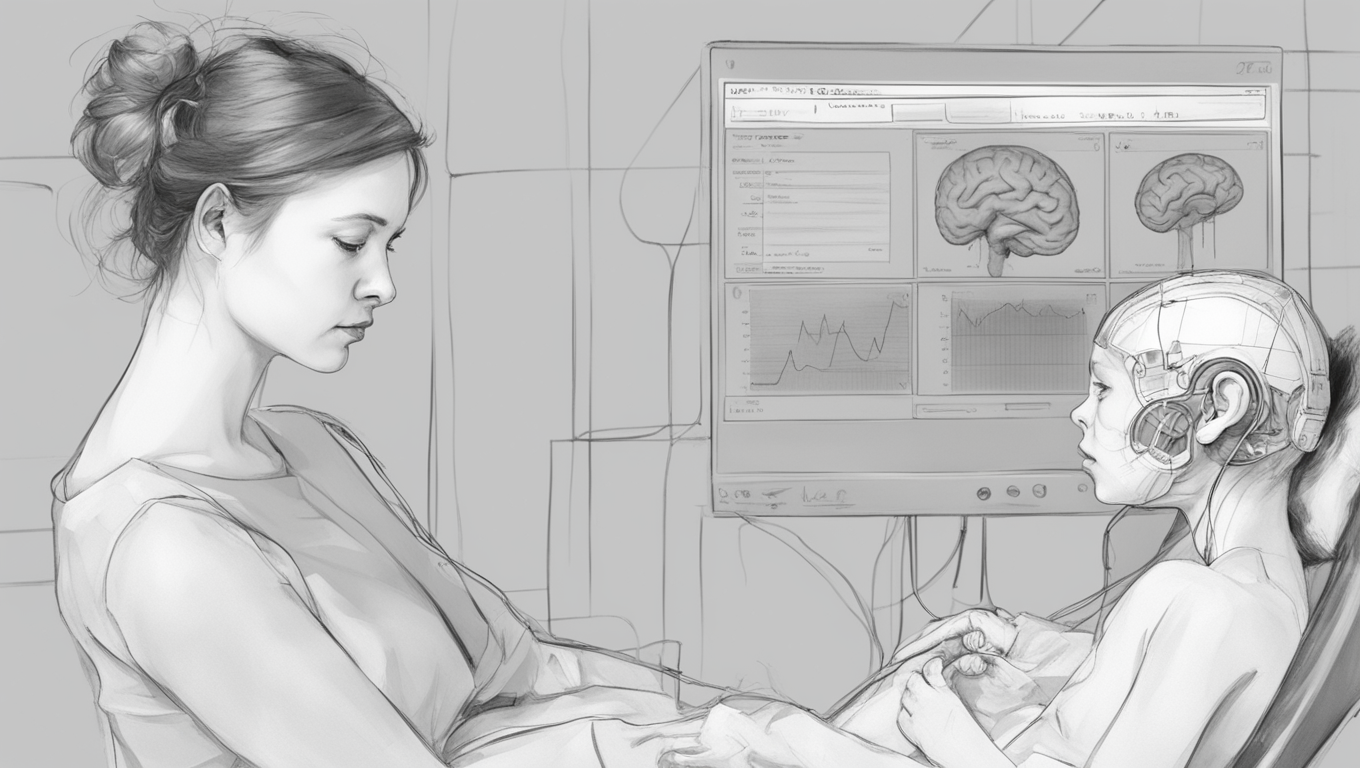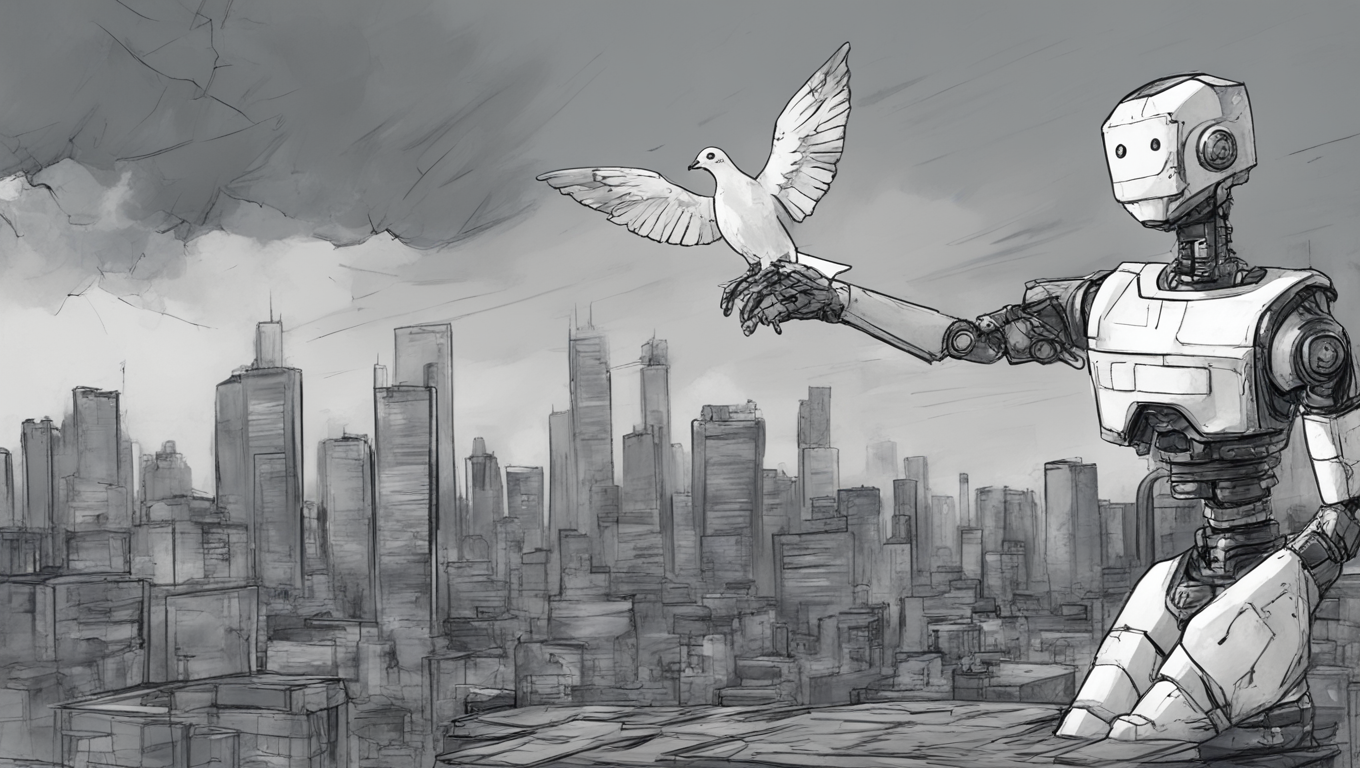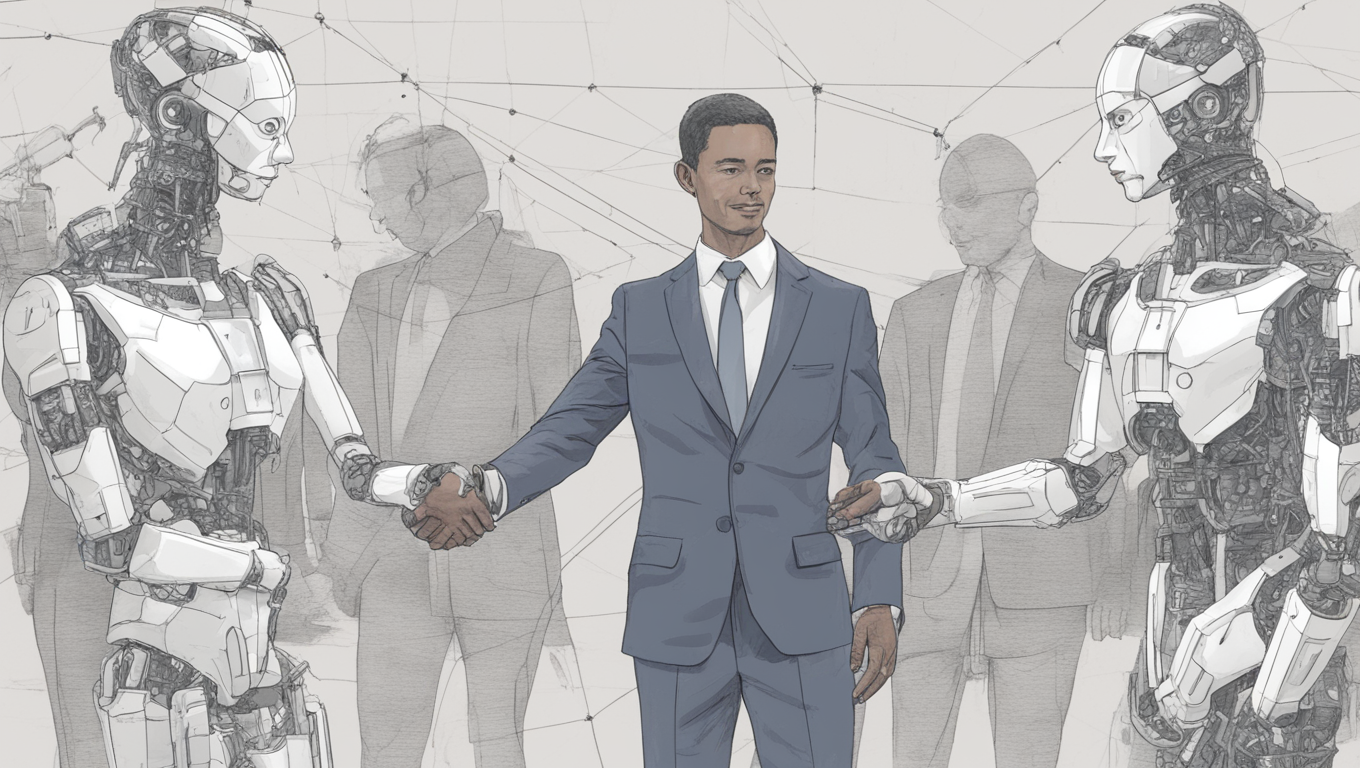In a groundbreaking development, the Newborn Brain Screener (NBS) project is set to revolutionize the field of newborn health. Led by the Irish Centre for Maternal and Child Health Research (INFANT) at University College Cork, this initiative aims to utilize artificial intelligence (AI) to detect abnormal brain activity in infants soon after birth.
Each year, approximately 41,500 babies in Europe and the US are born with brain injuries. These injuries often go unnoticed at birth and can remain undiagnosed, leading to potential long-term consequences. The NBS project seeks to address this critical issue by providing a secure and automated AI assessment of a two-channel electroencephalogram (EEG) brain test.
Thanks to the collaboration with UCC spin-out CergenX and data privacy company Evervault, the CergenX Newborn Baby Screener will enable the screening of newborns in less than 15 minutes by non-specialists. The AI platform will analyze the EEG results, alerting healthcare professionals to the need for additional review and, if necessary, further diagnostic testing and treatment.
Professor Geraldine Boylan, director of INFANT, expressed her gratitude to everyone involved in the project, including the participating families. She highlighted the significance of the government’s funding through the Disruptive Technology Innovation Fund (DTIF), emphasizing its role in advancing child health research.
“This funding is a very welcome large investment in child health research by the Government and is an endorsement of our vision and ambitions for UCC Futures Children,” said Prof. Boylan.
The NBS project holds immense potential to transform the management of newborn brain injuries. By implementing AI technology, healthcare professionals can identify abnormalities in brain activity quickly, leading to earlier intervention and improved outcomes for newborns.
Dr. Rhona Mahony, Chair of the NBS project’s clinical advisory board and former Master of the National Maternity Hospital, highlighted the value of this innovation: “This project represents the opportunity to provide a potential and transformative impact. By using AI, we will be able to detect brain abnormalities in newborns, allowing for timely intervention and ultimately improving outcomes.”
The incorporation of AI into newborn screening marks an extraordinary leap forward in healthcare. This development not only showcases the power of technological advancements but also emphasizes the importance of collaboration between researchers, practitioners, and government bodies to drive innovation in healthcare.
With the support of the government and the dedication of all those involved, the NBS project is poised to make a significant difference in the lives of newborns and their families. By detecting and addressing abnormal brain activity in the early stages, this groundbreaking platform can pave the way for a brighter and healthier future for our youngest generation.





Use the share button below if you liked it.